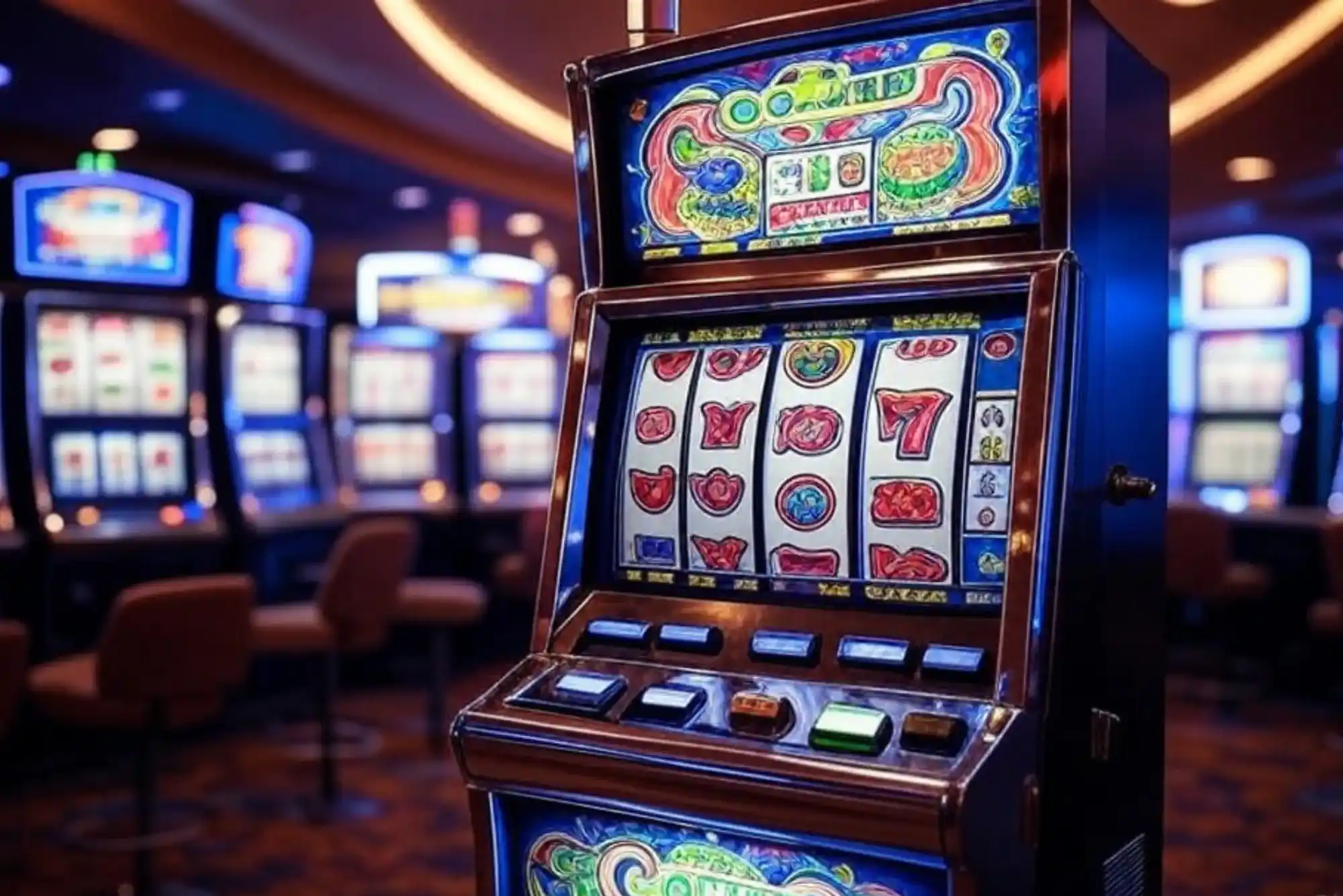If you’ve ever played online slots, you’ve probably noticed that almost every modern slot comes with an autoplay feature. It’s designed for convenience—press one button and let the machine do the spinning for you. But there’s a lingering question among players: Do autoplay slots payout less? It’s a fair concern, especially when real money is involved. In this post, we’ll explore this question in depth and address the related issue of gambling sites not on GamStop, which often offer autoplay-enabled games with fewer restrictions.
As someone who has played online slots regularly across multiple platforms for over a decade, I’ve seen the evolution of autoplay functionality. I’ve also spent significant time researching how slot algorithms work and how player perceptions sometimes conflict with reality. So let’s get into the truth of autoplay slots—what they are, how they function, and whether they truly affect your odds of winning.
Understanding Autoplay: It’s Just a Button—Right?
At its core, autoplay is simply a user interface feature. Instead of manually pressing the “spin” button every time, you select the number of spins you want the game to run automatically. You can usually set loss limits, stop on a bonus round, or customize when autoplay halts.
The important thing to understand here is autoplay does not change the underlying RNG (Random Number Generator) that determines the outcome of each spin. Whether you click the spin button yourself or the system does it automatically, the result is still entirely governed by chance and the game’s built-in RNG mechanics.
Slot machines—whether digital or physical—are programmed to return a certain percentage of money over time. This is known as the RTP (Return to Player). A game with a 96% RTP will theoretically return $96 for every $100 wagered over a long period. Autoplay doesn’t influence that calculation. It’s just a delivery method.
So where does the myth that autoplay pays less come from?
The Psychology Behind the Myth
The belief that autoplay slots pay out less is primarily a psychological one. When you’re manually spinning, you’re engaged. You feel in control. You celebrate every win and feel the disappointment of every near-miss. This creates a heightened sense of interaction and memory retention.
With autoplay, you might sit back and let the spins fly by. You could miss smaller wins or bonuses because you’re less engaged. When players aren’t focused, they often perceive they’re winning less—even if the payouts are statistically the same. It’s easy to look at a long autoplay session and think, “Wow, I lost a lot just now,” without noticing the periods of smaller wins that helped stretch your bankroll.
Some users also note that autoplay seems to “burn through” your balance faster. And it’s true—you can lose money more quickly because you’re spinning at a faster, uninterrupted pace. But again, this is about speed, not fairness.
Regulatory Concerns and Restrictions
Interestingly, the autoplay feature has become a point of controversy in regulated markets. In the UK, for example, the UK Gambling Commission banned autoplay in slots in 2021. Their reasoning wasn’t because autoplay altered RTP or reduced payouts. Rather, it was about player protection. Autoplay made it easier to dissociate from the act of gambling, which could lead to irresponsible behavior and quicker losses.
This decision spurred interest in gambling sites not on GamStop—platforms that operate outside of UKGC regulation and still allow autoplay features. These offshore sites typically offer more freedom in terms of game speed, autoplay options, and wagering limits.
But should you trust these gambling sites not on GamStop?
Are Gambling Sites Not on GamStop Safe?
The world of non-GamStop gambling is growing, especially among UK players looking for more flexible gaming experiences. These sites aren’t part of the GamStop self-exclusion program, which means users who have voluntarily excluded themselves from UKGC-regulated casinos can still access them.
While there’s a valid concern about safety and fairness, many of these platforms are licensed by other respected jurisdictions like Curacao or Malta. They offer thousands of games from top-tier providers and implement provably fair RNG systems. In fact, many non-GamStop casinos provide more generous bonuses and less restrictive gameplay, making them attractive to seasoned gamblers.
When it comes to autoplay slots, these sites often retain the feature because they’re not bound by UKGC rules. If you’re someone who enjoys setting a slot to spin automatically while sipping your coffee or multitasking, gambling sites not on GamStop offer that experience.
However, caution is warranted. Always check for the following before depositing:
-
A recognized license (Curacao, MGA, etc.)
-
Secure payment methods
-
Verified RTP values and fair play certifications
-
Responsible gambling tools like self-limits and support channels
Autoplay is a convenience, not a scam. But it should be used responsibly—especially on platforms with fewer regulatory safeguards.
Real-World Experience: What Players Report
In forums and player reviews, the opinion on autoplay slots varies widely. Some swear they’ve had worse luck with autoplay. Others say they’ve hit their biggest jackpots while using it.
One player I spoke to recently, a long-time fan of Microgaming slots, mentioned hitting three free spin rounds during a 100-spin autoplay session on a non-GamStop casino. His point was clear: “I didn’t even touch the mouse and came out ahead.” That’s RNG at work—it’s unpredictable and unaffected by whether a spin was manual or automated.
Personally, I’ve run side-by-side tests—autoplay on one machine and manual spins on another—using the same slot title and bet size. Over hundreds of spins, the variance balanced out. The conclusion? Autoplay doesn’t pay less. It just feels that way when the outcomes don’t go your way.
Responsible Use of Autoplay
Autoplay isn’t inherently bad. But like all tools in the gambling world, it requires responsibility. Set clear boundaries for loss limits and session time. Don’t let the automation lull you into passive gambling. Stay alert to your balance, and pause if things aren’t going your way.
One upside of gambling sites not on GamStop is that many of them allow detailed customization in autoplay. You can often stop on a single win, halt after a bonus, or set loss thresholds that automatically kick you out of the session. These controls help manage risk while still letting you enjoy the hands-free convenience.
Final Thoughts: Does Autoplay Hurt Your Winnings?
The short answer is no—autoplay slots don’t pay less. The feature doesn’t alter the game’s payout structure, RTP, or RNG mechanics. What changes is the pace of gameplay and your awareness of outcomes. Those factors can trick you into thinking you’re losing more than you actually are.
If you’re gambling on reputable platforms—including gambling sites not on GamStop—you can feel confident that autoplay isn’t secretly rigging the system against you. It’s just a button. What really matters is how you use it—and whether you’re staying within your limits.
So the next time you’re tempted to let autoplay take over, go for it. Just keep an eye on your bankroll, stay mindful of the session’s length, and remember: whether you spin manually or automatically, luck is still the deciding factor.
Happy spinning—and may the RNG be ever in your favor.




